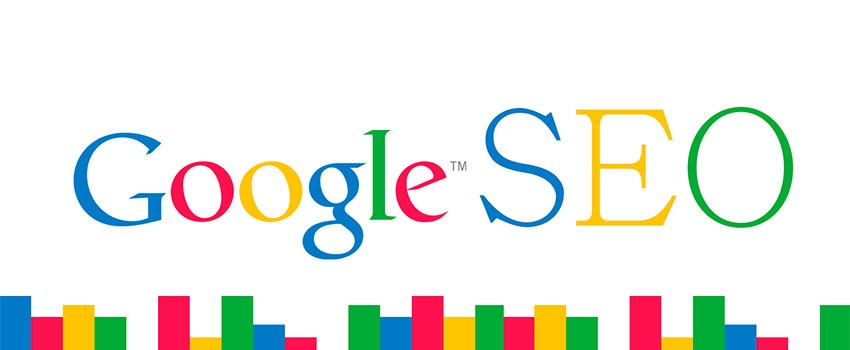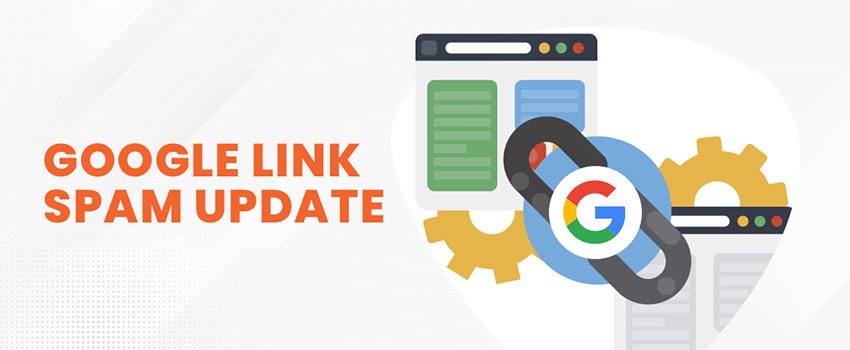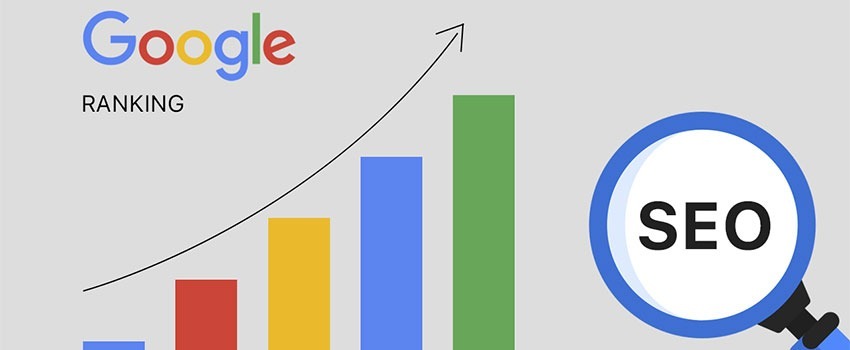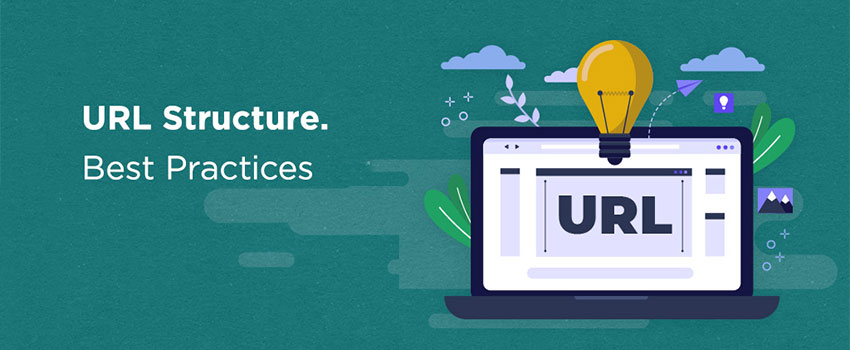Best Free Online image compression Tools
If you have ever had time to review your website speed and how it can be improved, you would have seen the need to pay attention to image compression and optimization. Every post on the subject of website speed improvement harps on image optimization. The fact is that images form a large chunk of the size of web pages and as much as possible,, it is recommended that images be optimized to reduce there sizes. Of course, having smarter images that are compressed to minimal sizes will improve web page load time.
Traditionally, most website owners resize their images with tools like Photoshop and and image manager. While these tools are great, they do not achieve the best compression needed for optimal website speed. Working with specialized compression tools, which we will list later, can boost website speed optimally and just what you need to achieve that fast speed and optimize your website user experience.
Learn more:
A Step by Step Guide to Website Backlink Audit
Important Google Analytic SEO Metrics You Need To Take Very Seriously
Why is Image Compression Important?
The short answer is that image compression reduces the image file size and speeds up page load times. Additionally, it affects your website user experience. No one really enjoys a slow website. A slow website usually will have high bounce and exit rates These are indicators of poor user experience and Google uses these metrics to determine a website usefulness. Page speed itself is a Google ranking factor.
Learn more:
Useful Analytic Tools that Will Improve Your SEO
7 Google Analytic Metrics You Need to Monitor for Your Website
As earlier said, working with slow websites can be very frustrating and in most cases, the user abandons the web page and seek alternatives. When you have users abandon your pages, Google does not like such user experience signals and wouldn’t want a website with such signals to be ranked at the top of its search results. The implication is that your website will loose ranking and will also loose traffic. If this happens with a landing page, then that is considered a bounce. So if your slow website have lots of images, then the first point in your efforts to speed it up should be to examine your images and compress them.
Here we discuss compression tools that will give the best optimization and significantly impact on the speed of your images.
Best Image Compression Tools You Need to Know
1. Image Compressor by 11zon
This tool is by far our favourite and most preferred image compression tool at Todhost. It does not require you to install the software or any software at all. It is flexible and free to use.
It can be used to compressed the most common image formats including jpg, png, webp and so on. It also has the option for to adjust the compression level from 1 to 100.
The higher the compression level, the lighter your image becomes. The compression level can have some impact on image quality. The default set by this tool is 60. You can however increase to up to 80. Compression levels higher than 80 do affect the quality of the image and is not recommended except you find justification to use such high levels compression.
Also read: How Does Google Analytic Metrics Impact Website Rankings
2. Compress2go
This is another favourite tool we use at Todhost. It also does not require a software installation and is completely free. You can use it to compress your images to any desired level of compression.
With Compress2go, you have options to adjust the compression levels and also determine the file size. However, the lower the file size, the lower the quality of your image. So, you need to manage these well in order not to load your website with poor quality images that can negatively impact user experience.
3. TinyPNG
This tool is a very popular option. It is very easy to use and will not require any adjustments to its settings to give you the high quality compression you deserve.
All you need to is to upload your image and the software will deliver the compressed output for you.
4. Compressor.io
This another favourite compression tool we picked because of its excellent output and ease of use. Compressor allows you to choose your preferred compression level. You can choose between the lossy and lossless compression.
5. Compress Or Die
Compress or Die is a great tool. It is versatile and incorporates lots of advanced tools including analysing and repairing your images. This tool allows you to compress nearly all image formats and to convert images from one format to another. It’s certainly a great tool for web developers and other users.
6. I Love Img
I love Img is great tool to compress jpg, png, svg and Gif images. Like traditional compression tools, I love Img will compress your images and reduce its size without affecting the image quality.
This tool can also be used to crop image and to convert other image formats from png, svg, gif, Tif, WebP and raw files to jpg. I love Img also allows you to edit your images before you compress them.
7. ShortPixel Image Compressor
This is one of our favourite image compression tools at Todhost. It is an excellent option to compress your images to best quality while preserving the original quality of the image. It is such a powerful and excellent image compression tool and it is free.
This tool has been particularly useful for WordPress image conversion. ShortPixel has a WordPress plugin which also comes free. It’s compression is very impressive and it comes free, optimizes your images and and make your website faster.
ShortPixel is free and can compress up to 50 images at a time. For WordPress users, they can compress up to 100 images at a time. You will need the paid version of the plugin to compress larger number of images. They also have the option to compress unlimited number of images.
8. Optimizilla
This online image optimizer uses a smart combination of optimization algorithms to shrink JPEG, GIF and PNG images to the best quality for online use while retaining the image quality.
You can upload up to 20 images at a time and wait for the compression to be completed.
9. Compress Now
Compress Now is useful to optimize the most popular image formats including jpg, png, and and GIf. This tool also allows you to choose your compression level. It allows you to upload images up to 9MB which is good enough for most image sizes.
Here are some key takeaways from Compress Now image optimizer:
How many images at once: 10
Max file size of each image: 9 MB
Input accepted: JPEG, PNG, GIF
Output choices: JPEG Only
10. Online Image Tool
This Online Image Tool is popular for some very good reasons – it compresses optimally and impressively, it’s free, and it has some extra features. These very useful extra features include file type conversion, image resizing, and image rotating.
On the compression front, it handles both JPEGs and PNGs really well, and does a fine job with WebP files also.
11. JPEG Optimizer Tool
JPEG Optimizer is a good solution to consider if you need to compress larger quantities of images simultaneously. It supports up to 20 in one go which is quite good for most users.
The default compression is set to 80% but we reduced it to 65% to stay consistent with the previous Compress Now test. You can adjust it from anywhere between 1-99%. At the 65% level, we were able to compress the image into almost half of its original size in both JPEG and PNG, and the quality wasn’t visibly any different.
If you wish, you can also set the maximum size of the image (default is unlimited) and resize its dimensions. Once the tool compresses the image, you can download it and use it anywhere you need.
12. JPEG.io
To convert images from several different formats into a compressed JPEG, you can try JPEG.io. It’s capable of accepting a wider variety of image types compared to most online image optimizer tools.
Beyond that, you can also import image files directly from your Google Drive or Dropbox. JPEG.io will then process and return them to you in a zip file.
Going by its name, this tool is misrepresented as does not only compress the GIF format but also compresses other image formats like PNG, PEGs, including APNGs), and WebP files.
For JPEGs, the default compression is set to 90% quality. Beyond just compression and resizing. EZGIF enables you to convert between all types of formats, add overlays, text, crop, and more.
14. Squoosh
Squoosh has a modern, cutting edge tool that do not only compresses your images impresses but is one of the fine tools that support the latest image file types like AVIF and QOI. It also lets you choose from a range of outputs, including some of the latest formats that are still in beta (e.g., WebP 2.0).
15. ImageResizer
ImageResizer is another superb tool with which you optimize your images, reduce its size to achieve a faster speed for your website. ImageResizer will compress your image and retain its quality so that your website user experience is not affected.
This toll will compress your images by up to 80% or more. It is easy to use and compresses the JPEG and PNG image formats. It allows you to compress up to 50 images at a time and it is free.












